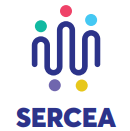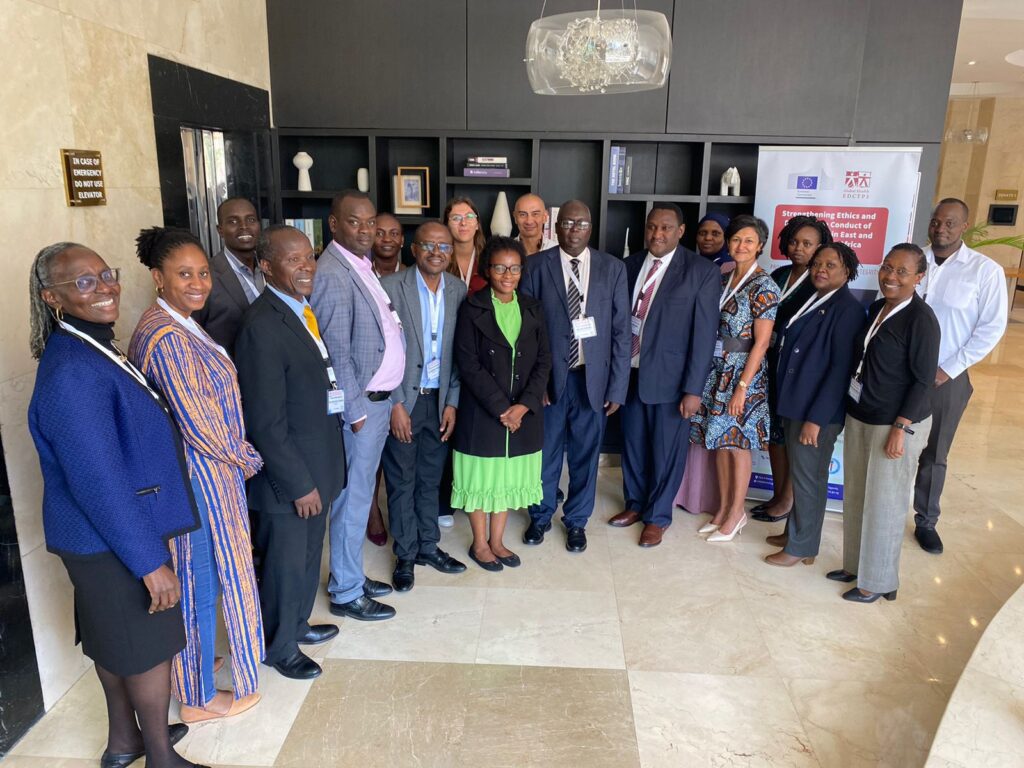The SERCEA Project continues to make significant strides in enhancing research integrity across Sub-Saharan Africa. Recently, the coordinating team from Universiteit Maastricht-Netherlands, together with representatives from the Uganda National Council for Science and Technology (UNCST), Kenya Medical Research Institute (KEMRI), Tanzania Commission for Science and Technology (COSTECH), and Malawi’s Kamuzu University of Health Sciences (KUHeS), convened for an impactful in-person annual meeting. This crucial gathering took place at the Tulip Canaan Nairobi Hotel in Kenya, bringing together key stakeholders to review progress and strategize the way forward.
A Collaborative Effort
The meeting brought together a diverse group of experts and officials dedicated to advancing research integrity. Led by Prof. Maurice Zeegers and Dr. Gowri Gopalakrishna from Universiteit Maastricht, the coordinating team was joined by officials from the National Commission for Science and Technology-Kenya and the National Commission for Science and Technology-Malawi. This collaborative effort underscores the regional commitment to fostering a culture of ethical research practices.
Review of Progress and Key Discussions
Prof. Maurice Zeegers and Dr. Gowri Gopalakrishna expressed their satisfaction with the progress achieved so far. The teams have been working diligently to lay the groundwork for a robust research integrity framework, which will be crucial in promoting ethical research practices across the region.
A major focus of the meeting was the proposed study titled ‘Assessing the determinants of the intention to adhere to a Research Integrity Code and Open Science Practices in Four Selected Countries in Sub-Saharan Africa’. The study aims to identify the key factors influencing researchers’ commitment to adhering to a Research Integrity Code and Open Science practices. Insights from this study will be instrumental in developing an evidence-based Research Integrity Code tailored to the specific needs and challenges of the region.
Urgent Call for Action
Despite the positive progress, Prof. Zeegers and Dr. Gopalakrishna emphasized the need to expedite the Institutional Review Board (IRB) review process for the proposed study. They urged the project teams to hasten the review to ensure the timely commencement of the study. The outcomes of this research are vital for the subsequent development of the Research Integrity Code, which is anticipated to take 12 months to complete.
A Vision for the Future
The development of this Research Integrity Code is a pivotal step towards establishing a standardized framework for ethical research practices in Sub-Saharan Africa. The evidence-based code will serve as a benchmark for other countries in the region, promoting a culture of integrity and transparency in research. The hope is that once developed, the code will be adopted by other nations, fostering a cohesive and ethical research environment across the continent.
The annual meeting at the Tulip Canaan Nairobi Hotel was a testament to the collaborative spirit and dedication of all involved in the SERCEA Project. As the teams continue to work towards the common goal of enhancing research integrity, their collective efforts promise to yield significant benefits for the scientific community in Sub-Saharan Africa. The SERCEA Project remains committed to fostering ethical research practices, and with the continued support and collaboration of all stakeholders, the future of research integrity in the region looks promising.

